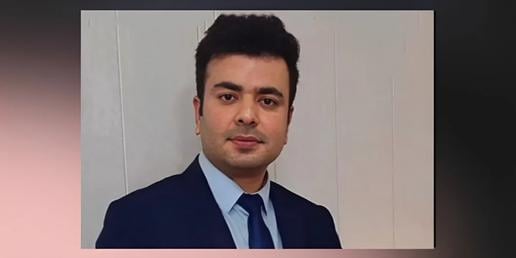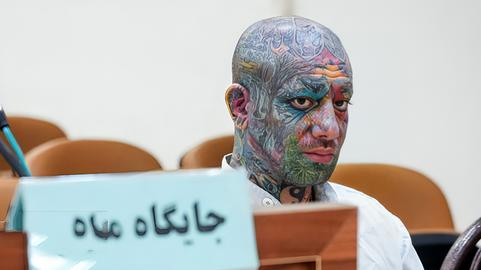
There is now widespread agreement that the world is losing the war on drugs. But there is huge disagreement on how to tackle the production, distribution and consumption of them.
On March 13th-14th, the United Nations coordinated a meeting in Vienna for high level officials from around the world. Their task: to agree on an approach to the global drugs problem.
But unfortunately, they failed.
The division between countries‘ approaches is becoming wider and wider. On one side, countries like Iran, Pakistan and China believe there is only one solution to the drugs trade: harsh punishments and, in many cases, execution.
On the other side of the spectrum, there are countries that believe drugs policies should focus more on public health and the prevention of addiction. Uruguay and some US states have gone even further and recently legalized marijuana.
The meeting’s host seemed more inclined to the iron-fist approach.
Yuri Fedotov, executive director of the United Nations Office on Drugs and Crime (UNODC), stated that legalization is not a solution. He publicly praised Iran's fight against narcotics trafficking.
“Iran takes a very active role to fight against illicit drugs,” he told reporters before the U.N. meeting.
In 2012, Iran seized 388 tonnes of opium, almost 70 per cent of all such seizures around the world. “It is very impressive,” Fedotov said.
For many, however, the number of executions carried out in an effort to combat the illegal drug industry is far less impressive.
On the same day that the U.N.‘s anti-drugs chief praised Iran, the U.N. Special Rapporteur on the situation of human rights in Iran attackd the Islamic Republic for the number of executions carried out in the country.
In his report, which was published on March 13th, Ahmed Shaheed condemns the execution of juveniles in Iran, as well as the use of capital punishment, particularly for offences that do not classify as serious crimes under international law.
“It has been estimated that some 1,539 individuals have been executed, including at least between 955 and 962 for drug trafficking, since the establishment of the mandate of the Special Rapporteur in 2011,” the report says.
Do the Means Justify the Ends?
But isn’t Iran’s success in the fight against drugs mainly due to its harsh punishment policy? How can the West praise the results but condemn the means to achieve it?
The U.N. and the West are still debating about how this dilemma should be addressed. How can a successful battle on drugs be implemented alongside adequate promotion of human rights in Iran?
Gloria Lai, Senior Policy Officer at the International Drug Policy Consortium (IDPC) believes Iran’s success in its fight against drugs is not necessarily due to its harsh penalties.
“The most recent data in the United Nations World Drug Report 2013 indicates that Iran is still a key country in major drug trafficking routes,” she told IranWire. “It shows there is little correlation between the imposition of harsh punishment and reductions in the drug market.”
This week, during her first visit to Tehran as E.U. foreign affairs chief, Catherine Ashton offered to work more closely with Iran on human rights and drugs trafficking. Iran and the E.U. both know how intertwined these two issues are, especially when it comes to narcotics.
The world has no choice but to support Iran’s harsh policy. They know if Iran fails, the drugs that are currently being seized by Iranians could flow freely to Europe
But for some European governments, human rights still come first. Countries like Denmark and the UK stopped providing funding for UNODC drug control programs in Iran because of the large number of executions.
Gloria Lai from IDPC also believes the fight against drugs should be within the framework of human rights, or else more harm will be caused.
“We entirely support abolition of the death penalty because it is a violation of fundamental human rights and international human rights conventions, including those to which Iran has agreed to,” she told IranWire.
“In addition, the imposition of harsh punishment leads to a wide range of negative, often unintended, consequences. For example, the United Nations World Drug Report 2013 also highlights the high rates of HIV prevalence amongst people who inject drugs in Iran (15.1 per cent), which can be prevented with the adoption of measures recommended by the UNODC, WHO and UNAIDS, for example needle/syringe exchange programs and opioid substitution therapy.”
Praised in some U.N. reports and scorned in some others, Iranian Interior Minister Abdolreza Rahmani-Fazli no doubt left the meeting in Vienna with mixed feelings. He may well behave as his predecessors have, bragging about the former and snubbing the latter. But he might bring the change that the new government has been promising.





















comments